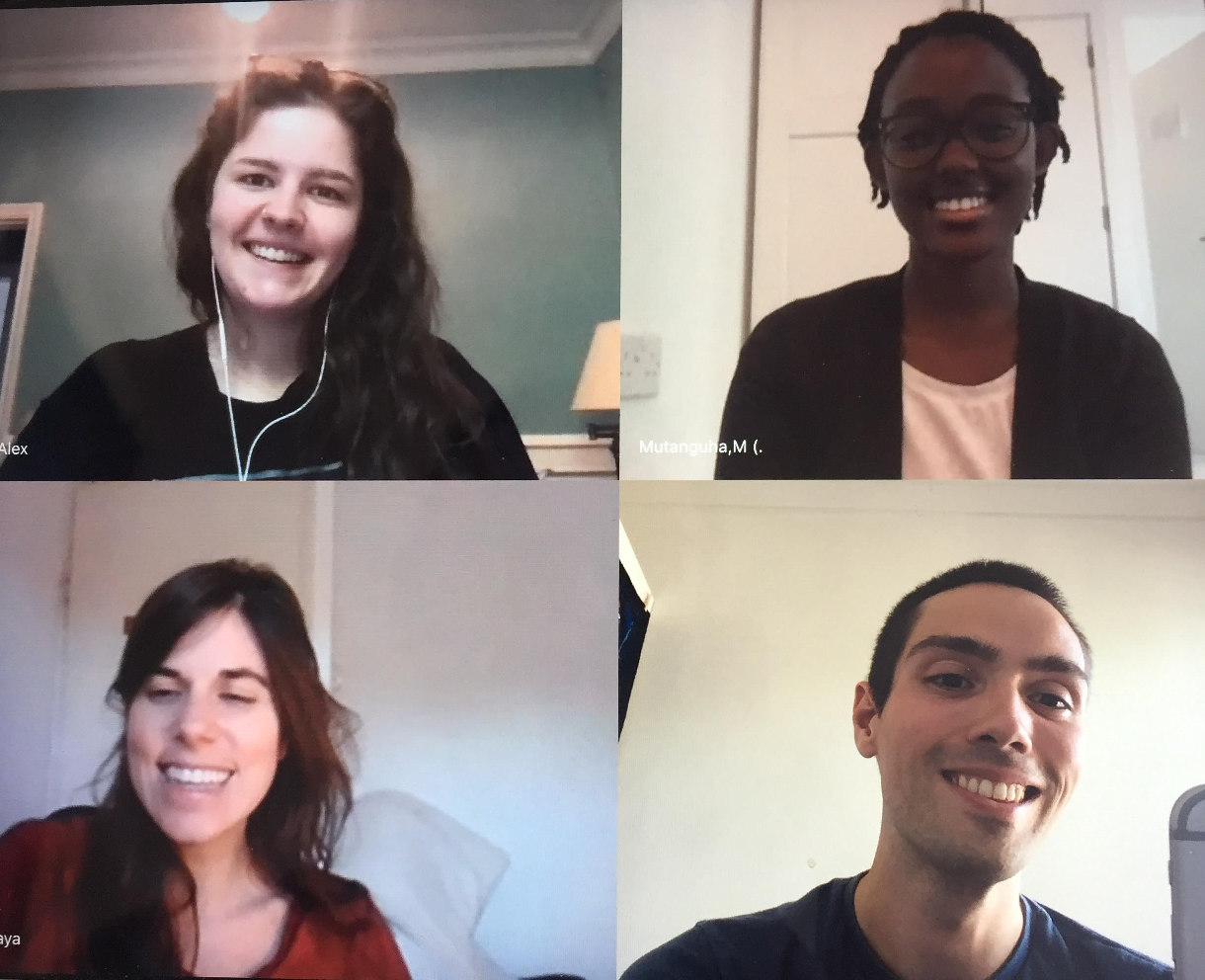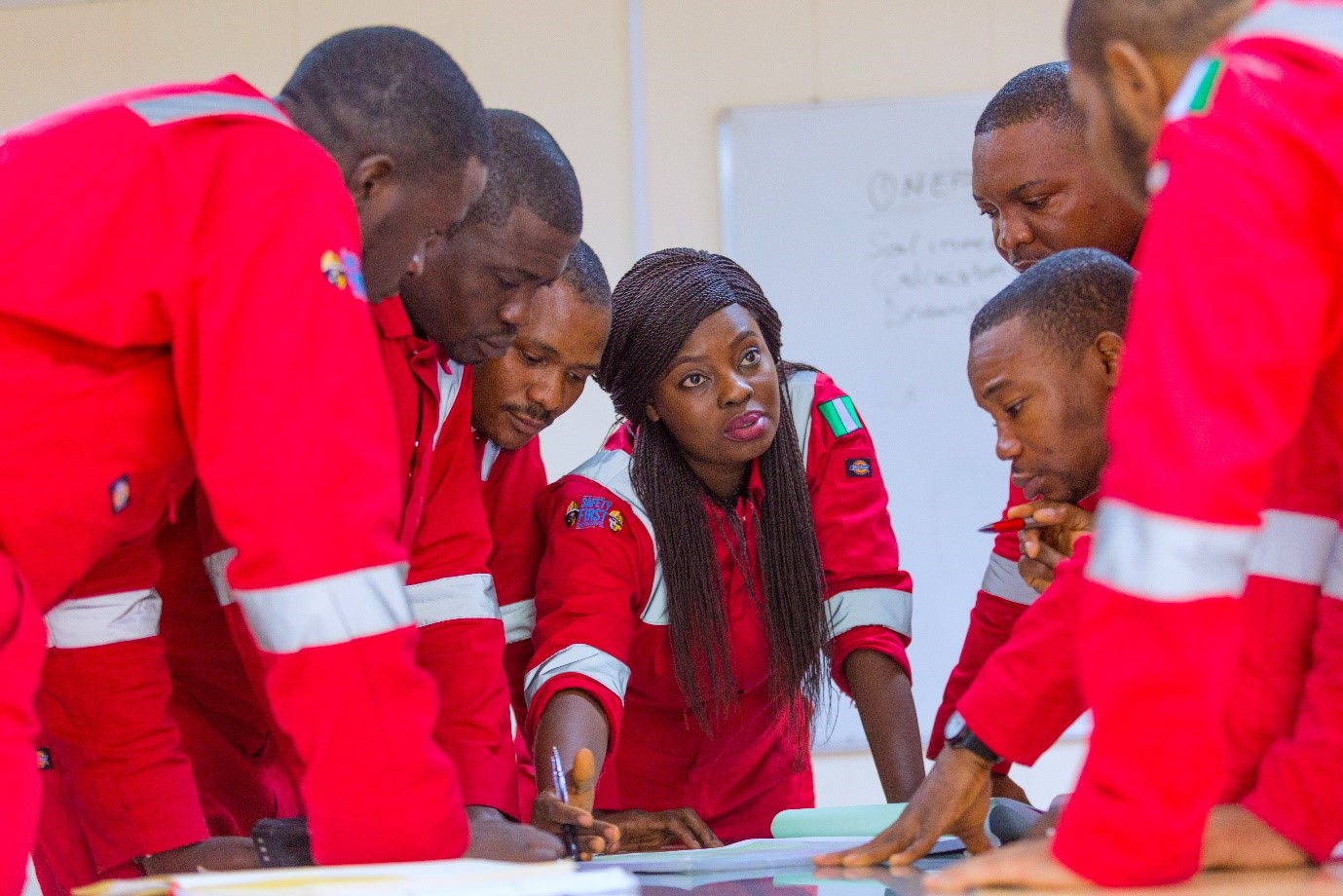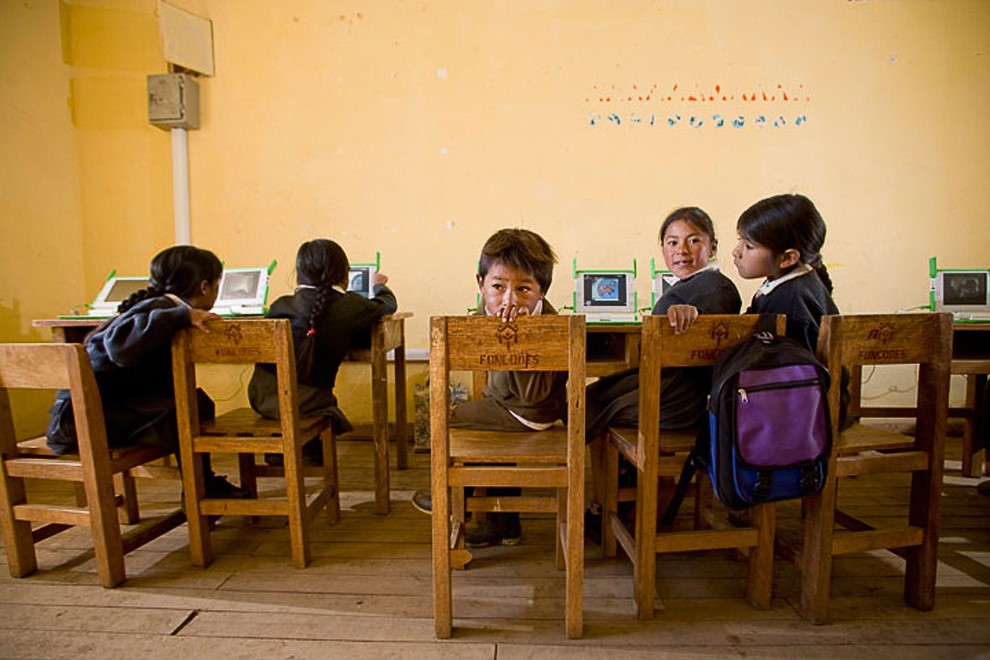The International Development Consultancy Project gives students the opportunity to work with organisations on real-world contemporary development issues. MSc Health and International Development Student, Nathan Willis tells us about his team’s experience in providing cutting-edge research in partnership with Humanity & Inclusion.

As part of the International Development Consultancy project on the MSc Health and International Development programme, I was given the opportunity alongside three team members to undertake a piece of cutting-edge research in partnership with Humanity & Inclusion. Together, we produced a report outlining the challenges and opportunities implicit in the design of disability-inclusive health interventions which integrate Information Communication Technologies (ICTs) and Social Behaviour Communication Change (SBCC) methods.
Always eye-opening, often challenging, and never boring — our process was a mix of desk-based research and informant interviews underpinned by regular client contact and lively team meetings. Our research uncovered disparities between policy-level interest and tangible examples of successful programme implementation. We were, it seemed, at the forefront of an emerging area.
Discussions with leading academics, practitioners and policymakers filled gaps in existing knowledge and provided crucial diverse perspectives. As our project unfolded, so too did the global COVID-19 pandemic. Government enforced lockdowns accelerated the use of ICTs as vehicles for public health messages, grounded the relevance of our findings and drove us to dig deeper.
What is Social Behaviour Communication Change (SBCC)?
SBCC has become somewhat of a hot topic due to its perceived high-impact, low-cost potential. It’s defined by UNICEF as “a mix of communication tools, channels and approaches to facilitate dialogue, participation and engagement with children, families, communities, [and] networks for positive social and behaviour change.” ICTs are often a key component of SBCC interventions, used as vehicles to disseminate public health messages and accelerate adoption of heath innovations both at scale and for targeted ‘hard to reach’ populations.
We found encouraging examples of SBCC programmes in low-resource contexts which have positively addressed health coverage gaps for marginalised groups, particularly in child and maternal health. However, these rarely addressed the needs of people with disabilities from the outset.
The opportunity
More than a billion people are living with some form of disability, 80% of whom live in low- and middle-income countries. Inaccessible infrastructure, higher than average out-of-pocket expenditure for services, unavailability of accessible technologies, limited economic and political participation, and negative societal attitudes all result in people with disabilities being more likely to experience poor health than the rest of the population. For women and girls with disabilities, the outlook is even starker.
It’s from within this context that the UN Convention on the Rights of Persons with Disabilities (CRPD) guaranteed the right to access health services and information through “all appropriate measures,” including through accessible technology. Despite recent increased attention, including a concerning UN Flagship Report into progress for people with disabilities against the Sustainable Development Goals, our research found varying levels of country-level adherence to the CRPD. This is compounded by a rapidly evolving digital health sector defined by global actors attempting to keep up with private sector-driven innovations – particularly mHealth technologies – which often do not embed accessibility principles in product design.
The future of inclusive digital health
Our report contributes to an area of development committed to tackling these challenges head-on. This year, the World Health Organization will publish a comprehensive global digital health strategy which will encourage new collaborations in the realisation of universal health coverage based on principles of accessibility, affordability and quality. Disabled People’s Organizations (DPOs) have been fighting for improved accessible products and services through the removal of structural barriers for many decades, on occasion with huge success. As digital health solutions emerge, so too are multisectoral partnerships which centre the voices of people with disabilities and attempt to address structural barriers to accessibility.
Embedded disability inclusion will require international co-operation on a scale not seen before. With the world’s attention on COVID-19, we’re at a pivotal moment to accelerate progress and ensure that digital health will truly benefit everyone, everywhere.
—
Nathan Willis is a part-time student in MSc Health and International Development at LSE and Partnerships Manager at Save the Children UK. To request a copy of the report, please contact n.e.willis@lse.ac.uk.
The views expressed in this post are those of the author and in no way reflect those of the International Development LSE blog or the London School of Economics and Political Science.





